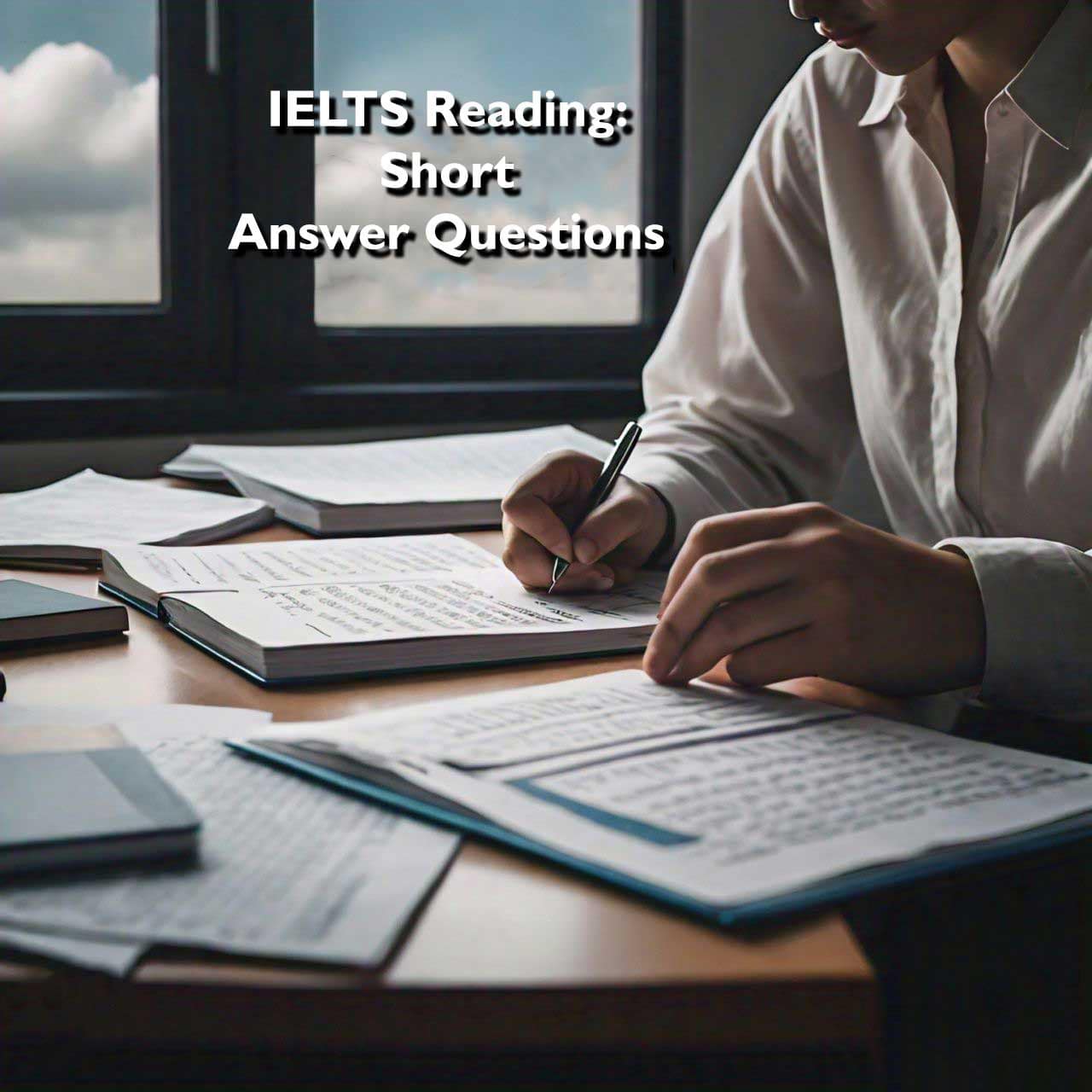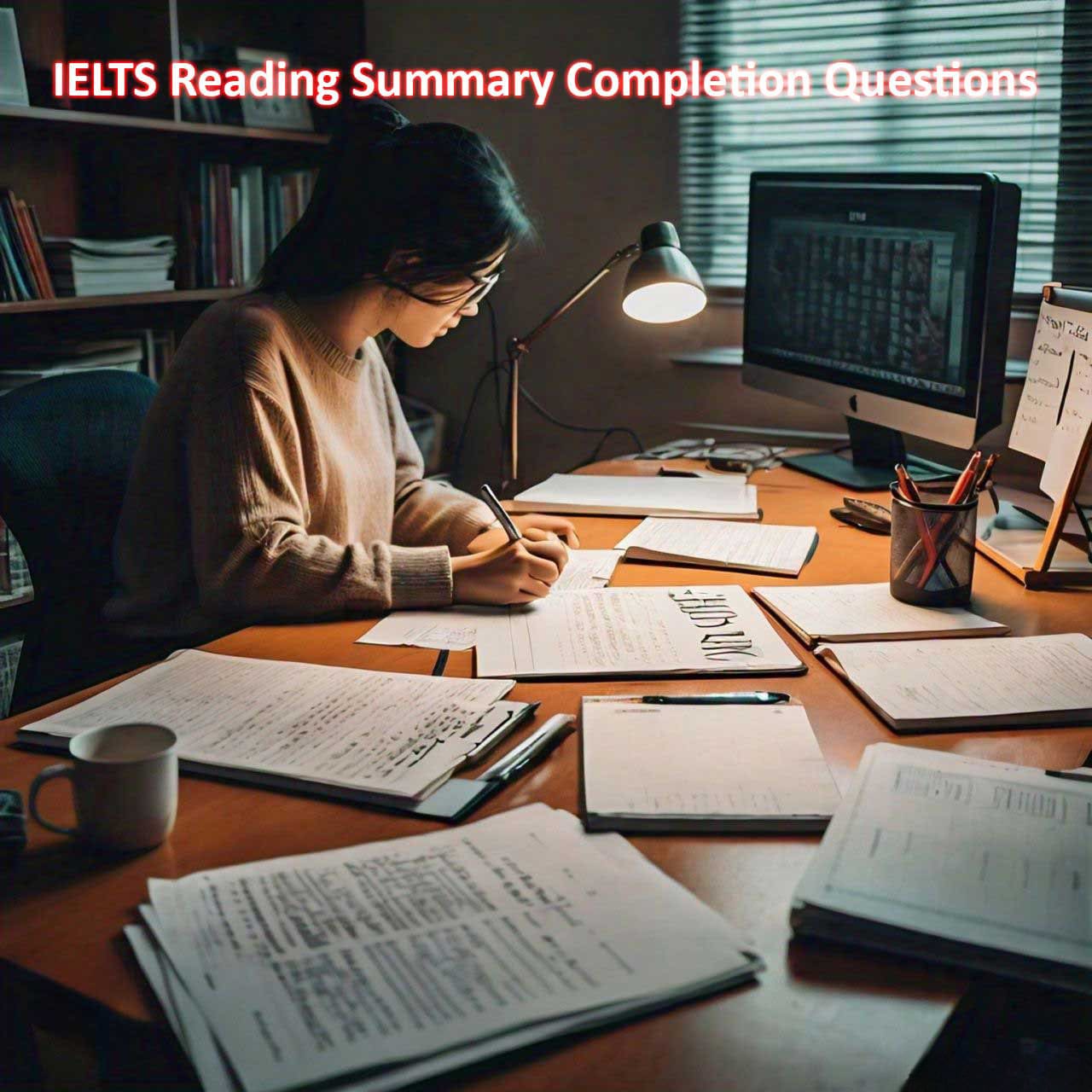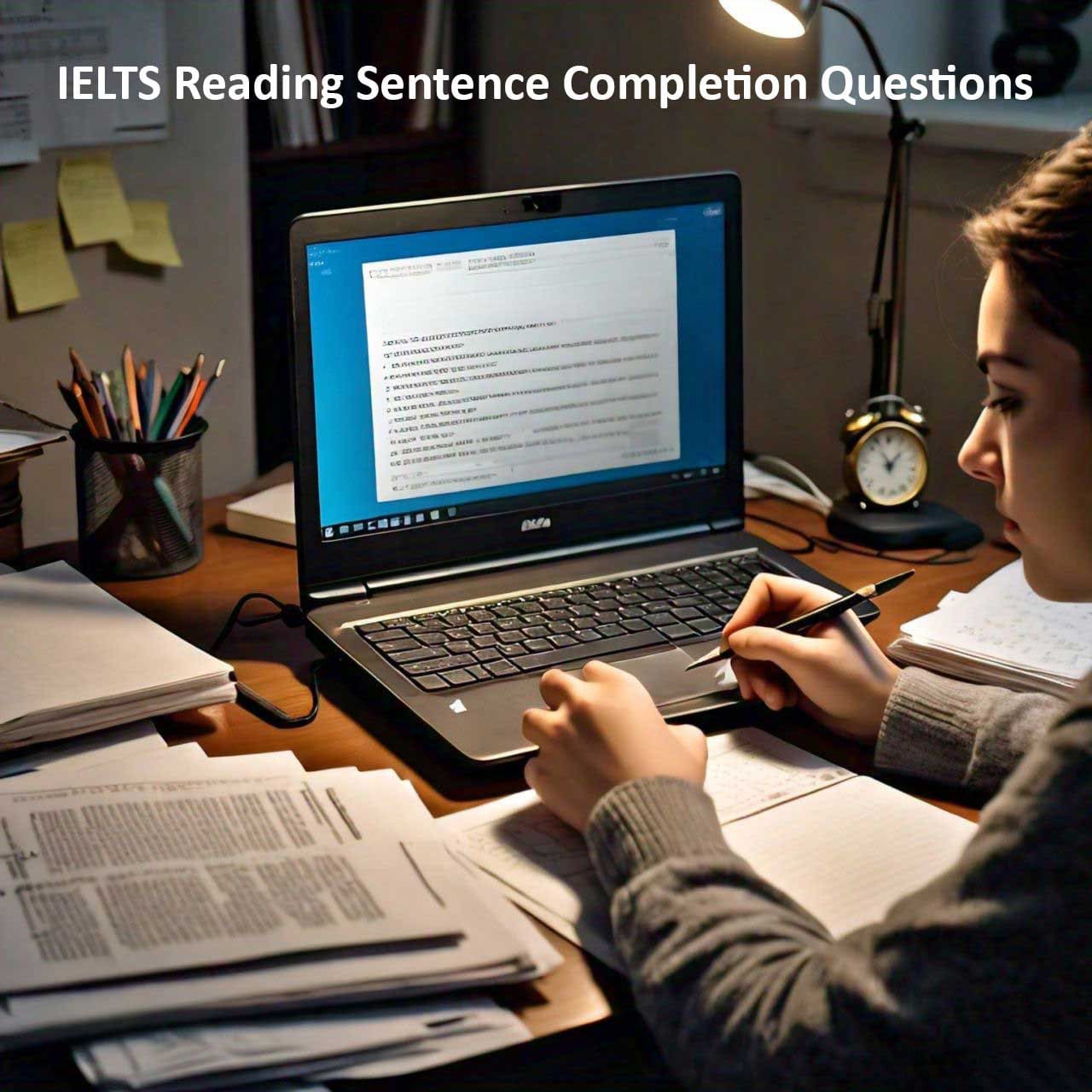The IELTS Reading module is designed to assess your ability to understand and interpret written English. One of the question types you may encounter is Short Answer Questions. These questions require you to read a passage and answer questions based on the information provided, using a specified number of words. This blog post will guide you through the strategies for tackling Short Answer Questions effectively and help you prepare for this challenging part of the test.
Table of Contents
Understanding Short Answer Questions
In the IELTS Reading test, Short Answer Questions test your ability to locate and understand specific information in a text. You will be asked to read a passage and then answer a series of questions using information directly from the text. The instructions will specify a word limit for your answers, usually no more than three words and/or a number.
Common Challenges
1. Time Management: Short Answer Questions can be time-consuming as they require you to find specific details in the passage.
2. Locating Information: Finding the exact part of the text where the answer is located can be difficult, especially in longer passages.
3. Paraphrasing: The questions often use different words or phrases from those in the passage, requiring you to recognize synonyms and paraphrased information.
4. Word Limit: Adhering to the specified word limit can be challenging, especially if you are unsure of the correct answer.
Strategies for Success
1. Read the Questions First: Before reading the passage, read the questions carefully. This will give you an idea of what information to look for and help you focus on the relevant parts of the text.
2. Identify Keywords: Underline or highlight keywords in the questions. These keywords will guide you to the specific parts of the text where the answers are likely to be found.
3. Skim and Scan: Use skimming to get a general idea of the passage’s content and scanning to locate specific information related to the keywords. Skimming involves reading quickly to understand the main ideas, while scanning involves looking for particular words or phrases.
4. Look for Synonyms: The questions may use different words from those in the passage. Be prepared to recognize synonyms and paraphrased information. For example, if the question asks about “reasons,” the passage might mention “causes” or “factors.”
5. Focus on the Word Limit: Ensure your answers do not exceed the word limit specified in the instructions. If the limit is three words, an answer with four words will be marked incorrect, even if it contains the correct information.
6. Use the Passage’s Order: The answers to the questions usually follow the order of the information in the passage. If you find the answer to question 1 near the beginning of the passage, the answer to question 2 will likely come after it.
7. Check Spelling and Grammar: Spelling and grammar mistakes can lead to incorrect answers. Ensure your responses are grammatically correct and spelled accurately.
8. Practice Regularly: Practice with sample IELTS reading passages and short answer questions. This will help you become more familiar with the format and improve your ability to find and write down the correct answers quickly.
Example Practice
Let’s look at an example to illustrate these strategies:
Passage Excerpt:
“The giant panda, native to China, has seen its population increase due to concerted conservation efforts. These efforts include the establishment of panda reserves and breeding programs. Despite this progress, pandas continue to face threats from habitat loss and climate change.”
Questions:
1. Where is the giant panda native to?
2. What has helped increase the panda population?
3. What are the ongoing threats to pandas?
Strategy Application:
1. Read the Questions First: Look at the questions to understand what information you need to find.
2. Identify Keywords: Keywords include “native,” “increase population,” and “threats.”
3. Skim and Scan: Skim the passage to get the gist and scan for the keywords.
4. Locate Answers in Order: Find answers in the order of the questions.
5. Check Word Limit and Spelling: Ensure answers are within the word limit and spelled correctly.
Answers:
1. China
2. Conservation efforts
3. Habitat loss, climate change
Conclusion
Short Answer Questions in the IELTS Reading test require careful reading, effective skimming and scanning, and attention to detail. By reading the questions first, identifying keywords, looking for synonyms, and practicing regularly, you can improve your ability to locate and understand specific information in a passage. Remember to adhere to the word limit and check your spelling and grammar. With these strategies, you’ll be better prepared to tackle Short Answer Questions and achieve your desired IELTS score. Good luck!



